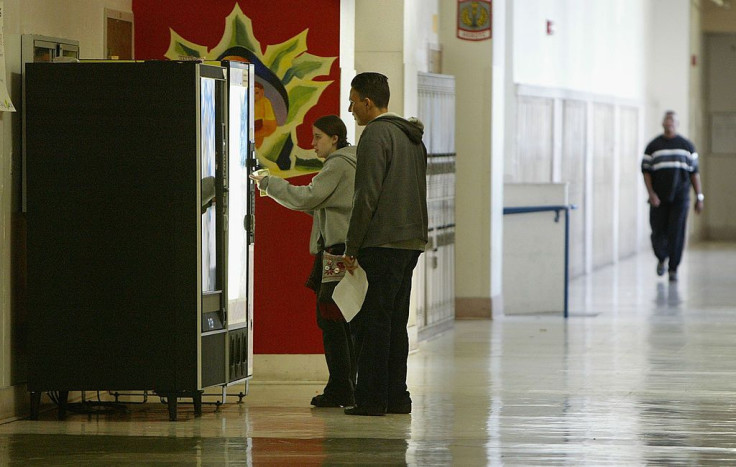
Childhood obesity has continuously increased throughout the past 20 years in the U.S., going from 13.9 percent between 1999 and 2000 to 19.7 percent in 2020. However, prevalence among Latino children is higher than the average: the demographic's rate was 26.2 percent between 2017 and 2020.
While the country continues struggling to address the issue, given their short and long-term negative health outcomes (increased risk of type 2 diabetes, high blood pressure and cholesterol, as well as depression and anxiety, among them), a new study from UCLA's Latino Policy and Politics Institute suggests a way forward: taking pages of Latin American countries' playbooks, which have proven to have some success.
The study highlights potential measures such as taxation of sugar-sweetened beverages, menu labeling, restrictions on television advertising, and efforts to encourage portion control. However, its authors also warn that backlash from the companies that produce these foods and drinks is all but guaranteed.
When it comes to front of package labeling, the study says that schemes implemented in countries such as Chile could serve as models: "they could encourage consumer reliance and motivate food manufacturers to reformulate their products to make them healthier," the study says. And while it also warns that companies would challenge it as a violation of their first amendment rights and lobby against it, some components "might withstand scrutiny."

With regards to restrictions and bans on TV advertisements of unhealthy foods and beverages to children and adolescents, the document says it's an approach that can be tested, but that "constitutional challenges would be certain."
"Food and beverage companies would argue that proposals aimed at restricting or banning TV advertisements to children and adolescents would violate their right to commercial speech," the study claims.
Portion control would also be likely to find strong opposition from the food and beverage lobby, as well from consumers who believe this to be an individual choice.
The document highlights positive results from taxes on sugar-sweetened beverages, saying it can produce cost-savings and improve health outcomes. In contrast, it says that the benefit of labeling is not as clear. "The research does not support claims that nutrition warnings discourage consumer purchases of sugary drinks and processed foods," reads a passage of the document.
Beyond individual measures, the study says what matters most is the involvement of a broad coalition of supporters and generating the momentum that would allow these initiatives to succeed, which could take years.
"In Mexico, a national obesity prevention policy succeeded in positioning obesity as a policy issue that merited the public's attention as early as 2007. Although Mexico's SSB tax was not implemented until 2014, the focus on preventing obesity as a national priority raised awareness and provided an environment in which public support for the measure could grow. Similar events occurred in Chile", the document recalls.
According to a recent study from The Lancet, the overall prevalence of excess weight among preschool children in Latin America was 8 percent, although rates varied significantly within countries.
The study concludes by saying that while the White House has recently showed strong interest in addressing this issue, "political and institutional factors may undermine crucial congressional support."
© 2025 Latin Times. All rights reserved. Do not reproduce without permission.





